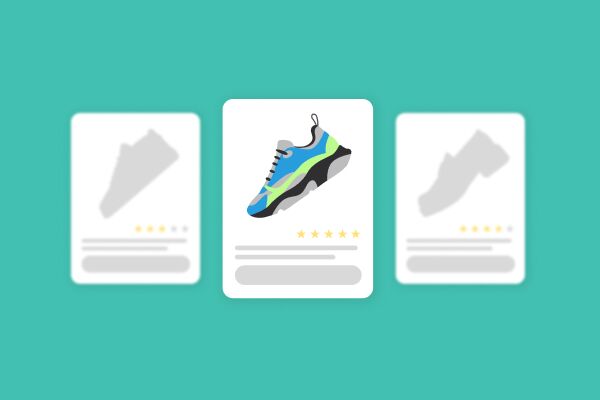A lead is a potential customer who is interested in your products or services. This term is widely used in Internet marketing and sales, where the meaning of leads can be interpreted in different ways. In marketing, leads are people who are ready for contact with a company and can become part of the sales funnel. For example, after filling out a form on a website, giving their contact information, or signing up for an email newsletter. Once the company receives any information that allows for further communication, it turns the person into a lead. Marketers then move the lead through the sales funnel, and when the person becomes interested in buying, they pass him or her on to the sales department.
For the sales department, a lead is a person who is already familiar with the product and shows interest in buying it. Sales managers no longer work with separate lead information, as in marketing, they communicate with specific customers and assure them of a purchase. A characteristic of a lead that indicates their interest in buying might be, for example, completing an application to get a product demo. Sometimes sales departments implement a lead scoring system, depending on certain characteristics of the lead. These evaluation systems are subjective and managers need to understand the status of the lead. It is up to managers to decide which criteria to use for evaluation.
A process called lead generation is used to collect leads. This can be a number of different measures aimed at getting the customer interested. For example, advertising in social networks with a form to fill in, pop-up windows with an offer to leave your e-mail or online chat. The resulting leads can be divided into three categories:
- cold — people who are not interested in the product or service and are not aware of its existence;
- warm — people who are familiar with the company, but have not yet made a decision to buy and do not intend to make it;
- hot — customers who are maximally interested in buying a product and ready to buy.
The best way to process leads is to use a CRM system. It allows you to work with information in a structured way and track the movement of leads through the sales funnel. With CRM, not a single lead will be lost, and the entire history of communication with them will be stored in one place. The information collected by the marketing department will be received by the sales managers. Thus, the lead transfer will be seamless. Without a CRM, working with a lead would become much more complicated.



